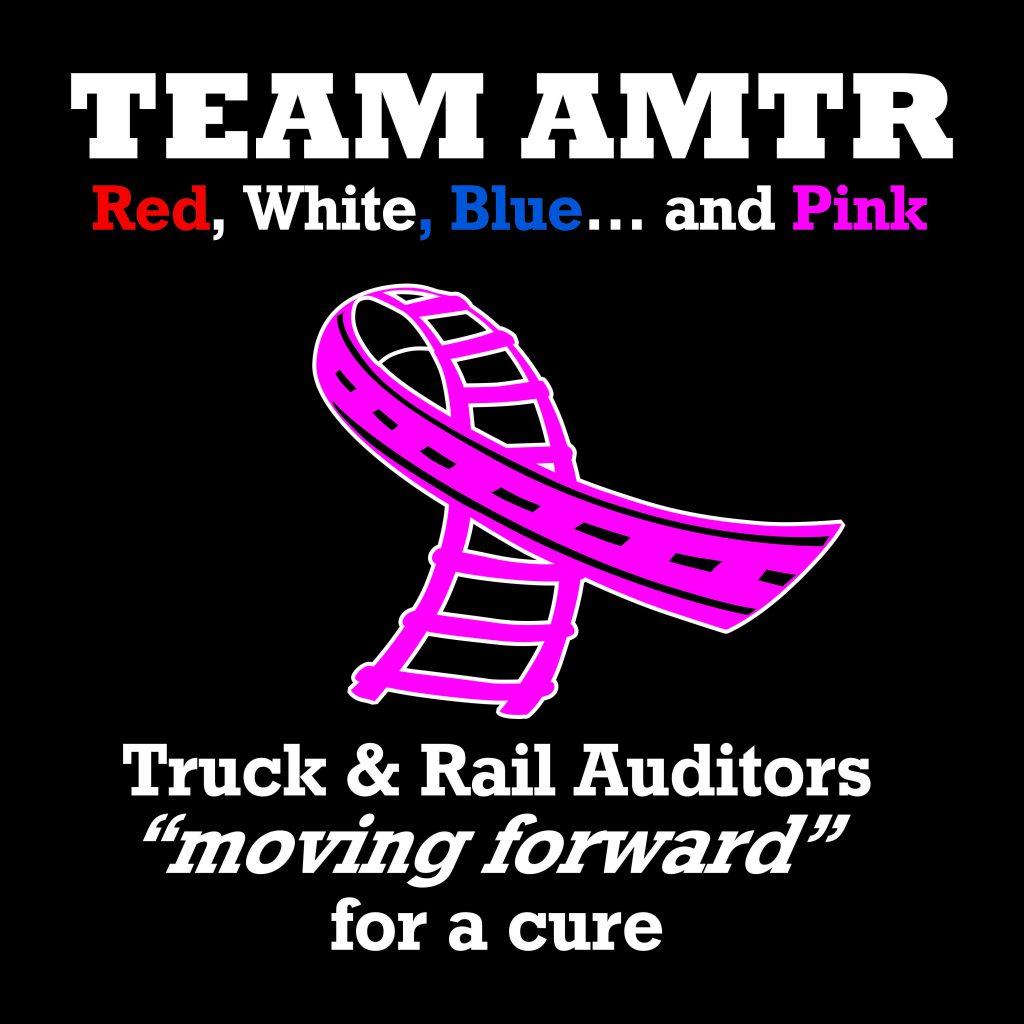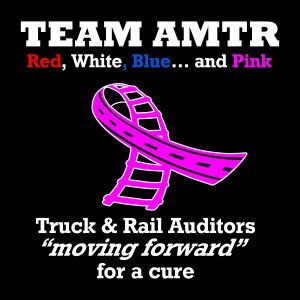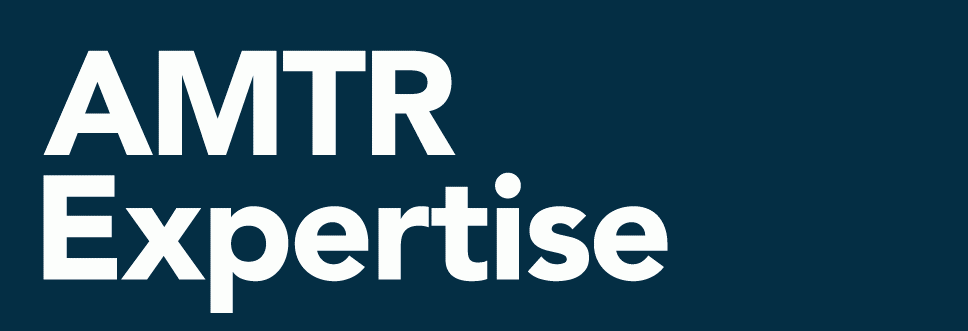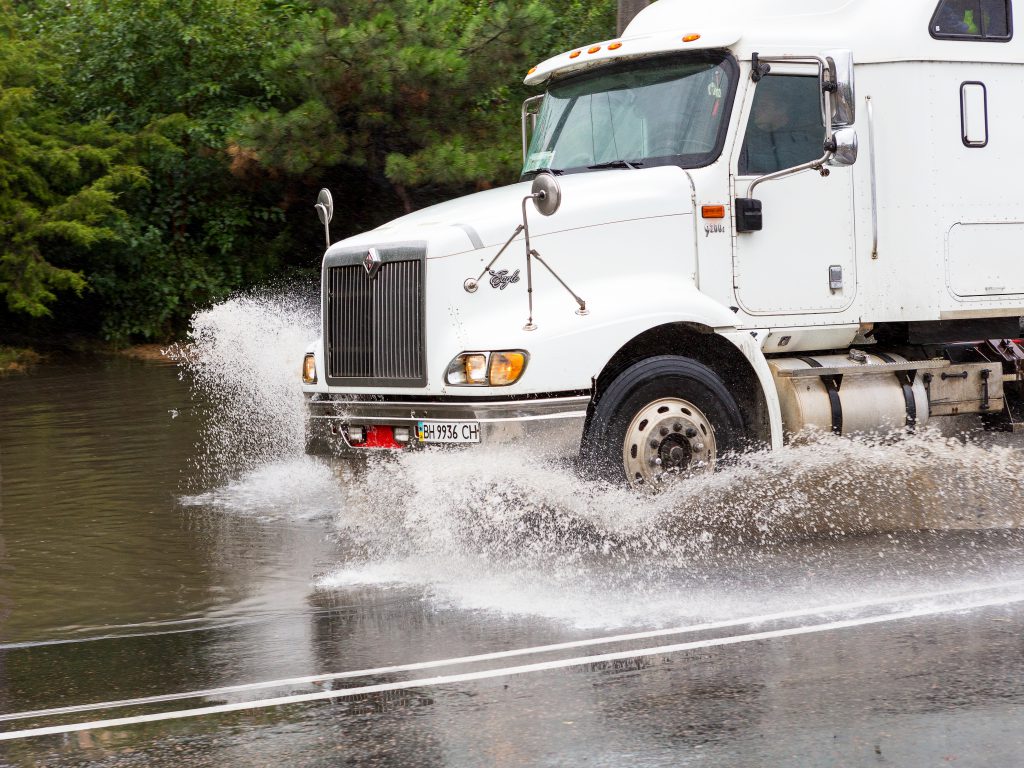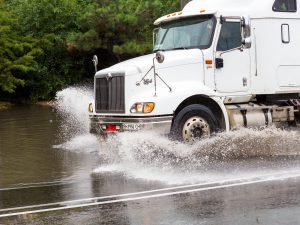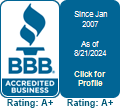Shippers and carriers share a greater amount of digital communication and connectivity than ever before. Emails, electronic load booking and cell phones are replacing faxes, phone calls and CB radios. This increasing “connectedness” should leave shippers and carriers alike contemplating how vulnerable they are to data breaches and what the implications of these breaches might be.
It was recently reported that the American Trucking Association is in the final stages of developing a cybersecurity incident and response service to address this very issue. The service, known as Fleet CyWatch, will aid carriers in reporting cyberattacks of on-board trucking data systems that could be used to further exploit carriers’ IT systems and infrastructure. It is important to note that this is a reporting/alert system; it cannot prevent cyberattacks.
Shippers should take note of carriers’ continuing investments into creating and reinforcing cybersecurity systems such as Fleet CyWatch. As the trucking industry continues to grow, shippers’ own IT systems can also be exposed to cybersecurity threats due to the high level of connectivity they and carriers now share. Compromised IT systems could mean the loss of critical data, including shipment information, payment records and images. As for AMTR, security is always a concern for us, as well, as we continue to implement industry-leading solutions to ensure our clients’ data is safe from compromise.
In the U.S., the recent presidential election has sparked new thinking regarding supply chain strategies in what may be a new era of Protectionism. Protectionism—an economic philosophy that centers on shielding a country’s industries from foreign competition—has many companies re-evaluating their supply chains. In a recent Harvard Business Review article, “Rethinking Your Supply Chain in an Era of Protectionism,” authors Justin Rose and Martin Reeves state, “Adjusting to new economic realities as well as political and economic uncertainties will require making supply chains more resilient.” They suggest that so much is changing in the world that even the “most fundamental assumptions [about supply chains] must be questioned.”
Of course, rail transportation is a significant element of many supply chains. This year alone, AMTR has seen numerous changes taking place with the re-emergence of the Surface Transportation Board and pending legislation issues. Although there is much uncertainty in the industry, AMTR’s knowledge of transportation, freight charges, billing issues and overcharge recovery processes will remain a constant. Whatever changes our clients implement in their supply chains, we will be there to ensure freight costs are kept at the absolute minimum and any unreasonable charges are identified.
Earlier this month, AMTR held a surprise dinner event for our company’s Founding Fathers—Ed Scott, Mike Lasiter and Shan Scott. A large crowd of employees, their families and the Founders’ family and friends gathered for the celebratory occasion. According to Monica Poyner, Senior Rail Auditor and 20-year employee, “It is hard to express what these guys mean to us. We felt the need to say thanks in a big way. We want them and everyone else to know how important they are to us.”
The evening consisted of dinner, dancing and numerous personal tributes to the leaders. Tamara Henry, Audit Support Staff member, stated, “Working for AMTR has changed my life for the better. I have never worked for such good, caring people.” John Ladd, Senior Truck Auditor, offered, “These men are truly a blessing to me and so many other people that have come across their paths.” Monika Williams, Rail Auditor, said, “I‘m incredibly grateful that I was provided the opportunity to work here and succeed to my fullest potential…they believed in me from the beginning.”
In reflecting on the event, family member (and AMTR Chief Education & Innovation Officer), Summer Bartczak, stated, “I know these men, personally, of course. It is not enough to say that they were stunned at the recognition and humbled beyond words. And, although the night was clearly focused on them, the caring character of the employees was also evident in all the planning and effort they put forth on the event.”
AMTR was founded by Ed and Mike in 1979 and became a true functioning entity in 1981. Mike still serves as company President, and Ed as Chairman of the Board. Shan Scott, son of Ed Scott and 30+ year company employee, has been serving as CEO since 2013. These men brought AMTR out of a basement, transitioned it through the challenges of de-regulation and digitization, and built it into the nation’s premier provider of expert-based after-payment freight audit services. Although the evening was an opportunity to look back at what AMTR has become under their thoughtful leadership, it also served as a reminder of the core values that lie at the heart of the company and will continue to guide it going forward.
CSX begins operations at Pittsburgh Intermodal Rail Terminal– A new intermodal rail terminal located in McKees Rocks, Pennsylvania began operations September 11th and provides shippers new transportation options to and from the area. CSX promises the new facility will expand markets across the country and the world, improve supply chain flow and reduce transportation costs.
INRD and CN make headway with intermodal partnership– According to Eric Powell, Indiana Railroad (INRD) Manager of Business Development, “The Port of Prince Rupert located on the Canadian National (CN) can now handle double the capacity of just a year ago, thanks to the addition of a second ship berth, four Super Post-Panamax cranes and on-dock rail.” As for the INRD portion of the intermodal service, “Our Indiana intermodal business to and from Asia and Europe has grown an average of 37% yearly since we opened in 2013.” Powell continues, “We at Indiana Railroad are proud to link Indiana with Asian and European trade–and we look forward to growing with [our customers].”
FedEx and UPS recently announced their 2017 holiday surcharge schedules. While both companies will institute surcharges over the holidays, they are each taking a different approach, giving customers a choice to make.
The good news is that FedEx will exempt customers from most holiday fees. Based on a statement released by the carrier on August 3rd, the only exception will be on large, bulky items that require special handling. For such items, the price will increase between $3 and $300 per package.
As for UPS, they will add a surcharge of 27 cents per parcel package beginning November 19th. An additional 97 cents per parcel package will apply from December 17-23. UPS spokesperson Glenn Zacarra stated that “…the company must double daily delivery volume for six to seven consecutive weeks to meet customer demands.” Small businesses and individuals will be subject to the fees, while large customers with contracts will not be affected.
Hurricane Harvey made landfall on the Gulf Coast at the end of August, quickly followed by Hurricane Irma moving in on Florida and Georgia. Now that the hurricanes have passed, FTR Transportation Intelligence has predicted that 25% of Gulf Coast trucking operations will remain impacted until the end of September.
Natural disasters and their effects are not new to the trucking industry. Flooding, a common result of hurricanes, can sideline trucks for days as they wait for roads to become passable, which can lead to an overall increase in prices. Following Hurricane Katrina in 2005, spot prices rose an average of 7% nationally for the next five months, while severe storms in the winter of 2014 led to a 22% increase in those same prices over the previous year. Shipping rates will not be the only ones affected. Approximately 30% of U.S. oil refining occurs in Texas, and weather-related impacts on fuel production can lead to changing fuel prices and shortages. In fact, north Texas experienced Harvey-related fuel shortages within a week of landfall.
This is not the first time, nor will it be the last, that Mother Nature will wreak havoc on the trucking industry. America, however, will keep on truckin’.
The southern U.S. has suffered a one-two punch with the landfall of two major hurricanes within weeks. Rail freight has ground to a halt on the Texas Gulf and lower Atlantic Coasts, with embargoes being placed on traffic into major hubs and ports. As with any service disruption due to weather or other circumstances, such as bridge or track construction, shippers should know they can search the AAR Embargo System (no account required) to find details on railroad embargoed locations: aarembargo.railinc.com/epdb.
For railroads, repairing damage and rerouting traffic is the focus right now. For shippers, however, damage control will also need to be a focus when the freight bills start arriving. Thousands of shipments will be affected and many complex situations will occur. Cars will be held, diverted or cancelled, or may have suffered damage that forces them to move in and out of repair shops. Shipments may be returned and volume commitments may also be affected. It is important to recognize that there are Force Majeure clauses in some carriers’ rules that allow adjustments so clients do not lose volume discounts. Finally, it should be noted that, in most cases, demurrage should not accumulate while cars are sidelined for “embargo hold.”
All these recent hurricane-related situations may have a dramatic impact on transportation operations and freight costs. We encourage shippers to stay in close contact with their carrier representatives to work issues. AMTR will be on your side, as well, using our powerful knowledge base and expertise to review any exceptional circumstances and moves to make sure the billing is correct.
In one of psychology’s most famous experiments, Harvard researchers Daniel Simons and Christopher Chabris popularized the idea of the “Invisible Gorilla.” The idea stems from the result of an experiment wherein students were asked to watch a one-minute basketball game video and count how many passes were made by the team wearing white, while ignoring the passes made by the team in black. Midway through the video, a student in a gorilla suit walked into the scene, looked straight at the camera and pounded her chest for seven seconds. See the video yourself at theinvisiblegorilla.com. Surprisingly, upon questioning, only half the students who watched the film reported seeing a gorilla! The rest of the students were concentrating so hard on counting passes that they never saw it.
Importantly, this experiment brought focus to a phenomenon called “inattentional blindness”—an error of perception that results from lack of attention to an unexpected object. This name distinguishes the phenomenon from blindness as a result of a damaged visual system; objects are not seen, but not because of a problem
with the eyes.
In the business of freight costs, there are many invisible gorillas. At AMTR, our years of auditing experience prime us to see the unexpected where others may not. Where many of our clients’ attention is spread across myriad tasks and responsibilities, our attention is focused on freight cost accuracy. Not seeing important freight errors can cost you. AMTR is here to help make the invisible, visible, and save you money at the same time.
In a July 17th meeting of the U.S. Transportation, Housing and Urban Development Appropriations Subcommittee, an Amendment which would allow twin 33-foot trailers to operate on the nation’s highways was voted on and pulled. The Amendment, which has been put before the Senate over the past two years in various incarnations, lacked the necessary support to be enacted. As written, it would have removed the Title 49, United States Code Section 31111(b)(1)(A) verbiage “or of less than 28 feet on a semitrailer or trailer operating in a truck-tractor-semitrailer-trailer combination,” replacing it with “or, notwithstanding section 31112, of less than 33 feet on a semitrailer or trailer operating in a truck tractor-semitrailer-trailer combination.”
Supporters of the Amendment have held that its adoption would improve sustainability, efficiency and safety. It has also been stated that such a change would not hurt competition, and that it was a necessary step to meet modern consumer and business demands. Proponents have further claimed that the amendment remains widely supported by many police groups, due to a projected positive impact on infrastructure, decongestion of traffic, and less opportunities for drug trafficking. As it stands, the Amendment will not be passed without additional Congressional support.



